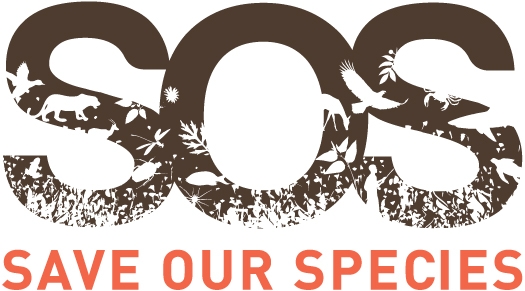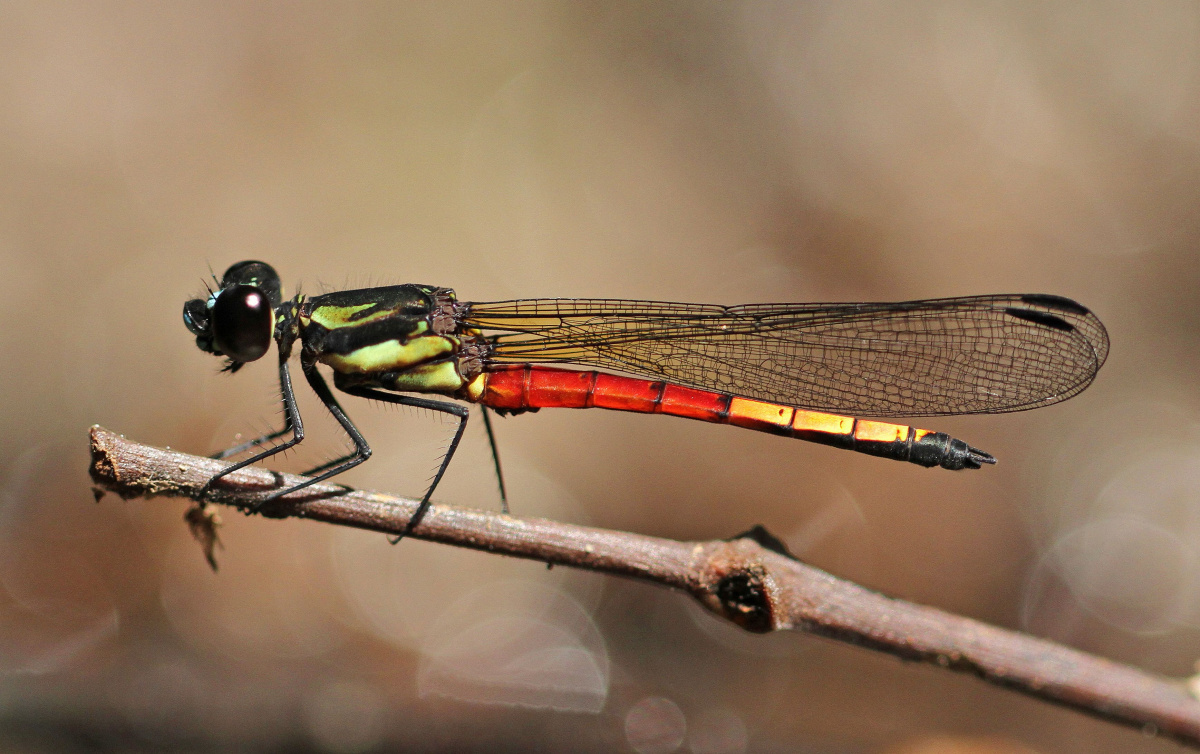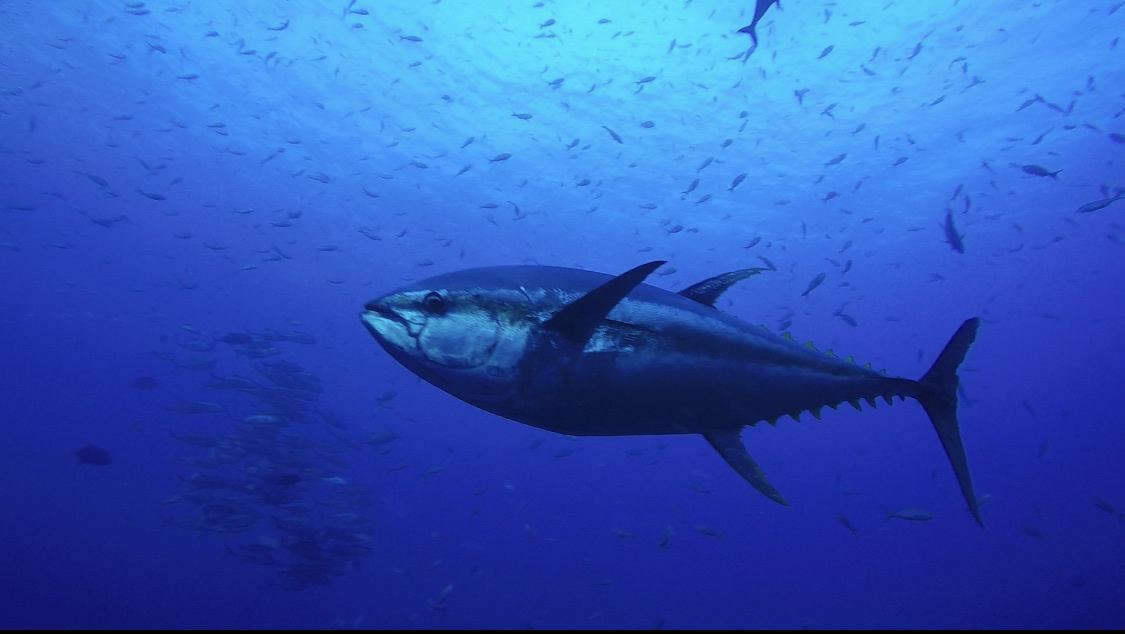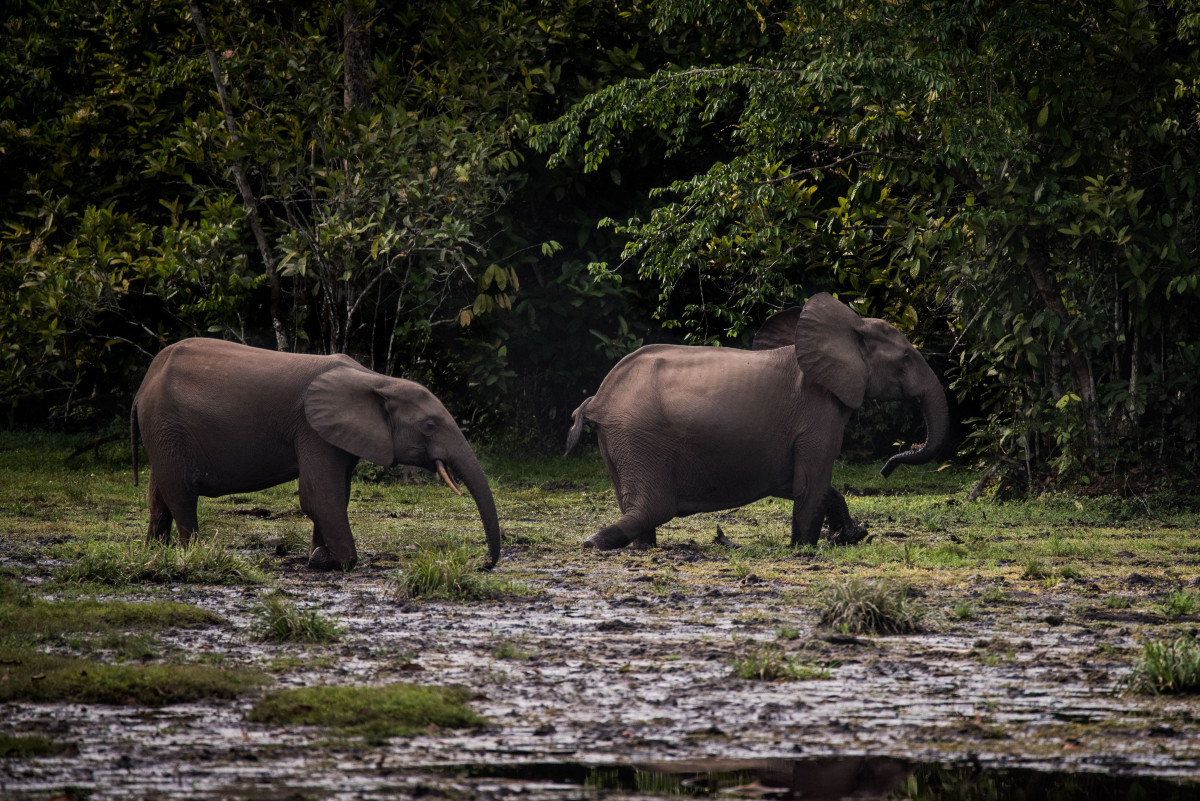SOS – A new call on businesses to respond to extinction crisis
The Global Environment Facility, the World Bank, and IUCN today announced they had established the Save Our Species (SOS) initiative with more than $US10 million in financing commitments and called on businesses to help build the biggest global species conservation fund by 2015.

Photo: Save our Species
The initiative is in response to thousands of animals and plants around the world facing extinction, with species currently disappearing at a rate of up to 1,000 times higher than normal. This loss of wild plants and animals threatens basic human economic security and way of life. Healthy biodiversity is essential to human wellbeing, sustainable development and poverty reduction. Species are the most visible part of biodiversity, its building blocks. But as an example, one in four mammals, one in eight birds, one in three amphibians and one in three corals assessed for the IUCN Red List of Threatened Species™ are at risk of extinction in the wild.
The Save our Species (SOS) initiative – launched today in Nagoya on the sidelines of the Conference on Biological Diversity meeting – is a global response to the challenge of biodiversity loss and aims to bring together financial support from private business with international conservation expertise and cooperation from countries facing species extinction.
“Species extinction is a global phenomenon that will take global understanding, global efforts and global resources to overcome,” says World Bank Group President Robert B. Zoellick. “Our new partners from the private sector are showing a leadership role in the effort to address this crisis and we hope their efforts will inspire other companies, foundations, individuals and governments to join us.”
SOS will provide grants for conservation action on the ground, focusing on specific threatened species and their habitats and will bring what has been greatly missing so far: coordination between many different key players. It also gives businesses a unique opportunity to become directly involved in saving the planet’s natural environment and helps companies meet their sustainable development goals.
"Threatened species are the canaries in the global coal mine. If we can make Earth habitable to them, our societies will also thrive", says Monique Barbut, the CEO and Chairperson of the Global Environment Facility. "So far, the private sector has been the missing link, but the SOS Fund is providing the right opportunity for business to act decisively on this agenda while attending to their corporate bottom line."
A few grants have already been selected during the preparation phase, covering more than 30 species, for example to help recover populations of the Critically Endangered Saiga antelope following the death of nearly 12,000 Saiga in western Kazakhstan last May or the Critically Endangered Chinese Giant Salamander. Thanks to SOS funding, a new amphibian species, belonging to highly threatened group, was discovered recently in Colombia - the Chocó harlequin toad.
IUCN will manage this ambitious initiative, by using the findings of the IUCN Red List of Threatened Species™ and the expertise of its thousands of experts around the world.
“The emergency situation facing biodiversity calls for an emergency response. SOS seeks to do just that: bring the knowledge, expertise and funding together to address the plight of threatened wild animals and plants around the world,” says Julia Marton-Lefèvre, Director General of IUCN. “We know that conservation works and that we have the know-how necessary to bring wildlife back from the brink and preserve their habitats. The SOS Fund will provide the much-needed resources to make this happen.”
SOS gives the private sector a unique opportunity to become directly involved in saving the planet’s natural environment, essentially making species the ‘new currency’. Biodiversity conservation will benefit from the financial resources and ingenuity of businesses and corporations. SOS will, in turn, help the private sector meet their goals on sustainable development, satisfying the ever-increasing green needs of shareholders, customers and employees alike.
Funds have already started pouring into SOS, with the world’s leading mobile phone supplier and telecom networks provider Nokia being the first company to join SOS.
”Business has a role in safeguarding the rich variety of life on earth,” says Kirsi Sormunen, Vice President and Head of Sustainability, Nokia. “SOS – Save our Species, Save ourselves - is an important message to everyone, and Nokia is proud to be a part of this important initiative. We believe mobile technology can help us all to diminish our ecological footprint and play a key role in engaging people and raising awareness about biodiversity and the ecosystem that supports all life on our planet.”
“Many companies use the expensive services of celebrities to promote their brand. Many have also used nature as a marketing tool at no cost. We’re giving them an opportunity to pay back for all that nature has given them and will continue to give, while making sure that their investment has an impact,” says Jean-Christophe Vié, Deputy Head of IUCN’s Species Programme and Manager of SOS. “We are delighted to see the initial enthusiastic response from companies and hope that we are at the start of a major change.”
For more information or to set up interviews, please contact:
Nicki Chadwick, IUCN Media Relations Officer, m +41 79 528 3486 (Swiss), +81 80 3462 3552 (Japanese), nicki.chadwick@iucn.org
Christian Hofer, GEF Sr Communications Officer, m +1 202 413 4185, chofer@thegef.org
Elke Blodau, SOS Marketing and Communications Officer, t +41 22 999 0372, elke.blodau@iucn.org
Roger Morier, World Bank, Advisor - Communications and Outreach, Sustainable Development, +1 202 369 1852, rmorier@worldbank.org
Editor’s notes:
For more information on SOS go to www.SOSpecies.org. A brochure is available in English, French, Spanish and Japanese on request.
SOS is aiming to achieve a significant increase above existing investments in species conservation over the next five years. The initial target is $20 million USD. Thanks to generous pledges from the Save Our Species founding partners and others we are already more than 50% of the way to achieving this goal and intend to match this amount by private sector contributions.



